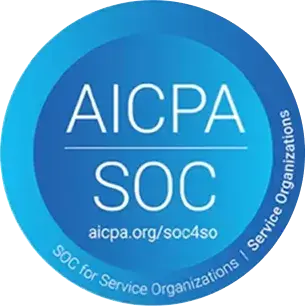Payment gateway integration in healthcare services has emerged as essential for modernizing financial operations and improving the overall care delivery experience. Traditional payment techniques, including cash, cheques, and credit card transactions, are increasingly considered inefficient and liable to mistakes and fraud. As the healthcare businesses faces mounting pressures to improve operational performance, lessen cost of care, and follow stringent regulatory necessities, integration of payment solutions in healthcare offers a transformative possibility. Cutting-edge technologies help healthcare businesses integrate digital payment methods with encryption, tokenization, and multi-issue authentication for steady transactions and protect sensitive data. Additionally, these systems streamline administrative workflows by automating billing strategies, reducing manual errors, and integrating seamlessly with electronic health records (EHRs). The comfort and versatility of payment gateway integration improve patient engagement and satisfaction, imparting various alternatives to settle bills and view billing information. Moreover, digital bills facilitate compliance with regulatory standards, extend detailed billing information, and create comprehensive audit trails.This blog explores the technical advantages of payment gateway integration strategies into healthcare services, emphasizing how these advance systems contribute to more safety, operational efficiency, user experience, regulatory compliance, and costs savings.
Enhanced Security and Fraud Prevention
- Encryption and Tokenization
Encryption and tokenization are vital safety features in payment gateway integration. Encryption converts sensitive payment information into unreadable code for the duration of transmission, preventing unauthorized access. Tokenization replaces data with specific tokens that hold no exploitable value if intercepted, thus defending information even if the tokenized data is breached.
- Multi-factor Authentication (MFA)
MFA complements security by requiring customers to verify their identification through a couple of methods, along with something they recognize (password), something they've (phone or security token), and something they're (fingerprint or facial recognition). This layered approach appreciably reduces the chance of unauthorized entry and fraud.
- Compliance with Security Standards
Compliance with protection requirements, like the Payment Card Industry Data Security Standard (PCI DSS), ensures that integration of payment systems in healthcare adhere to stringent protocols for protecting payment data. These standards mandate rigorous security measures, including everyday audits and vulnerability tests, to shield sensitive patient’s data and preserve the integrity of transactions.
Streamlined Administrative Processes
- Automated Billing
Payment gateway integration streamlines the payment process by using software to generate invoices, process transactions, and update financial information automatically. This reduces the need for manual data entry, minimizes errors, and fastens the billing cycle. The result is extended accuracy and efficiency, allowing healthcare providers to focus more on the affected person's care.
- Integration with Electronic Health Records (EHR)
Integration with EHR allows digital payment structures to synchronize financial data with affected persons' medical information seamlessly. This integration presents a complete view of affected person statistics, streamlines administrative tasks, improves billing accuracy, and allows higher coordination of care, in the long run scaling operational performance and patient results.
- Real-time Payment Processing
Real-time payment processing ensures that transactions are finished immediately, lowering delays related to traditional payment models. This immediacy improves cash flow for healthcare providers, minimizes patient waiting times, and complements the accuracy of financial data. Payment gateway integration also contributes to improved financial planning and proper resource allocation.
Improved Patient Engagement and Satisfaction
- Convenience and Accessibility
Integration of payment systems in healthcare offers patients the ease of making payments anytime and anywhere. Mobile payment apps, online portals, and contactless payment alternatives allow parents to settle their costs without physically going to the healthcare facility, improving the overall patient experience.
- Payment Flexibility
Offering diverse digital payment options, which include credit/debit cards, wallets (e.g., Apple Pay, Google Wallet), and online banking, extends the ease to choose favoured method of payment. This flexibility can scale patient’s experience and decrease payment delays.
- Transparent Billing
Payment gateway integration generally include capabilities that allows patients to view detailed billing data, transfer history and receive notifications about upcoming payments. This transparency lets them understand their monetary obligations and decreases confusion or disputes over billing.
Cost Efficiency and Revenue Cycle Management
- Reduced Transaction Costs
Integration of payment systems in healthcare can reduce the costs associated with traditional payment methods, including processing costs and manual handling of expenses. By streamlining payment processes, healthcare providers can allocate resources more successfully to valuable activities and decrease operational costs.
- Enhanced Revenue Cycle Management (RCM)
Payment gateway integration facilitates better revenue cycle management by ensuring timely payment collection, lowering accounts receivable days, and minimizing the risk of debt. Automated fee reminders and smooth payment alternatives encourage patients to pay directly.
- Minimization of Administrative Burden
By automating the payment process, healthcare providers can reduce the administrative burden on their team, allowing them to focus on patient care and other vital obligations. This can increase productivity and more efficiently allocate human assets.
Conclusion
Payment gateway integration into healthcare services offers numerous technical advantages that improve security, streamline administrative processes, enhance patient engagement, ensure regulatory compliance, and scale value performance. By adopting these advanced payment solutions and working with professional companies offering Fintech Services & Solutions, healthcare providers can future-proof their operations, meet evolving patient expectations, and stay competitive in a rapidly changing industry.
.avif)
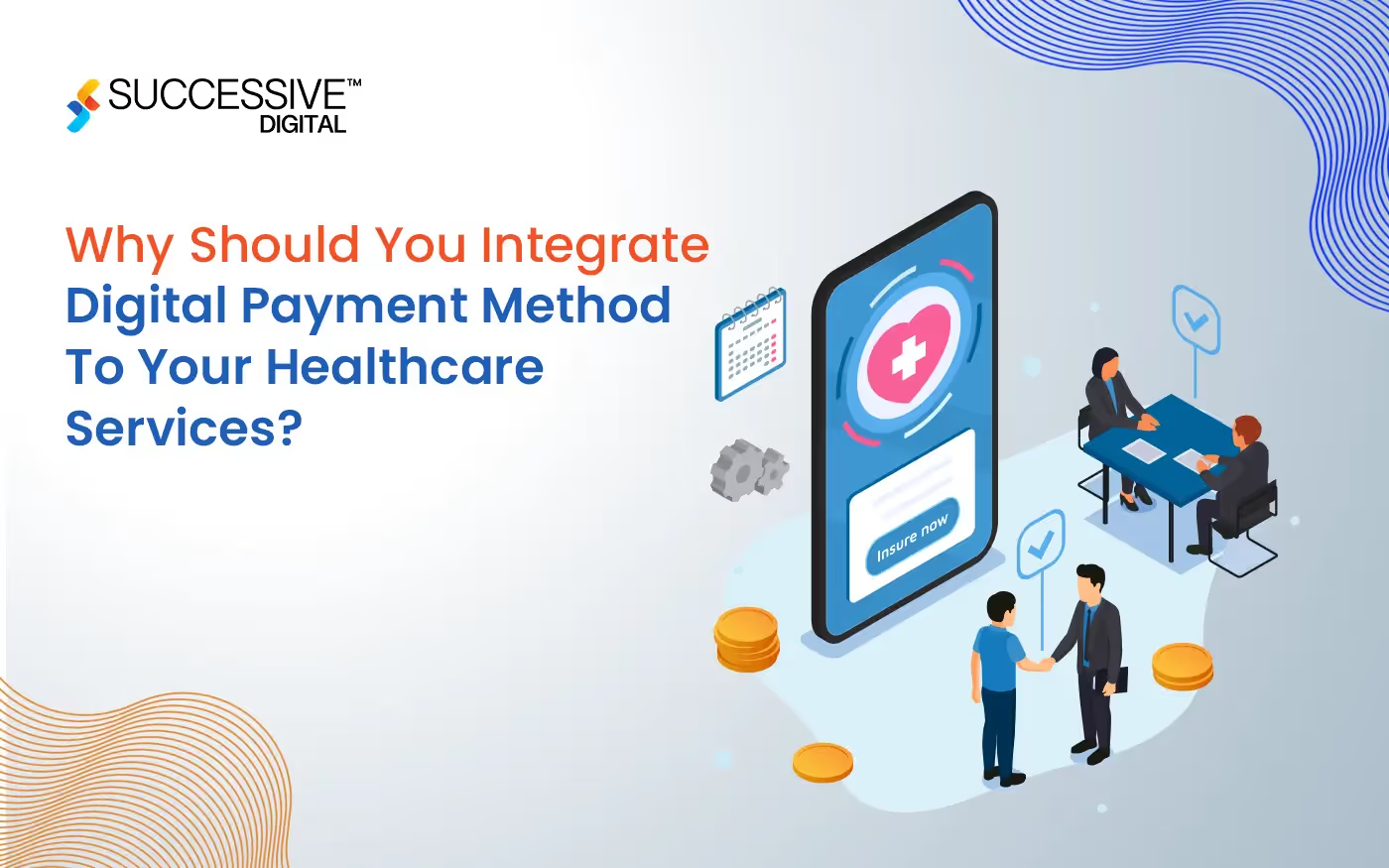


.webp)

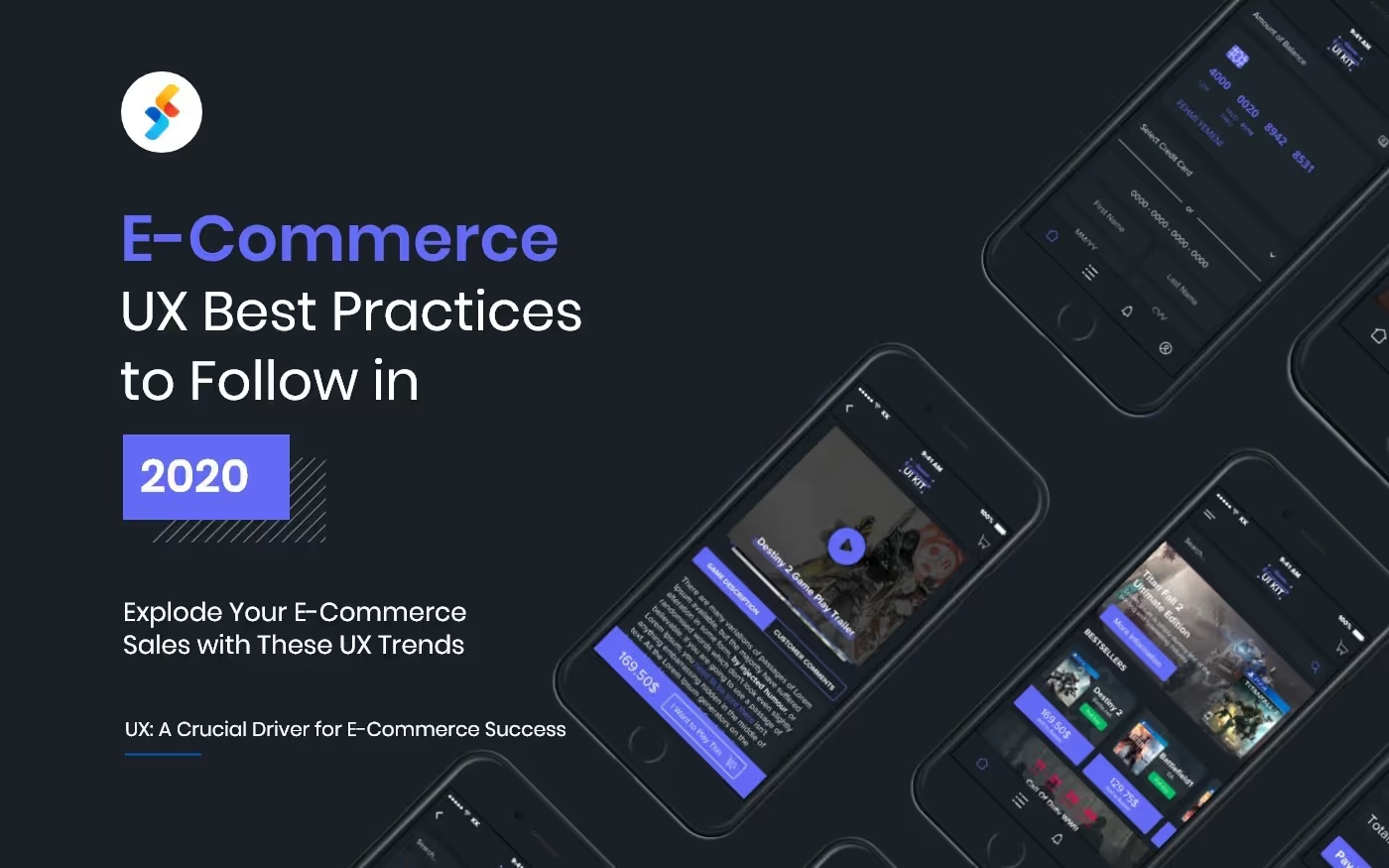
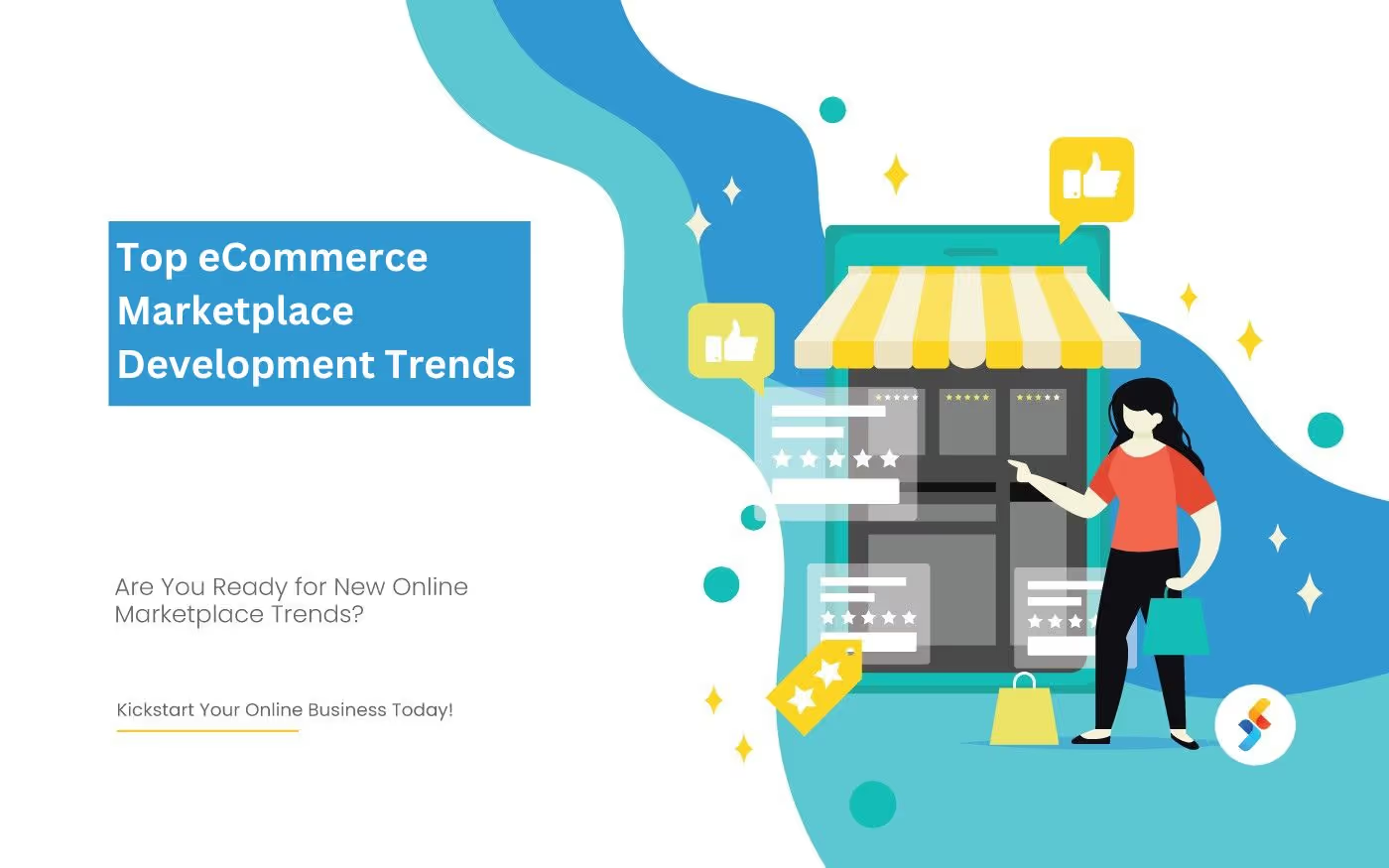
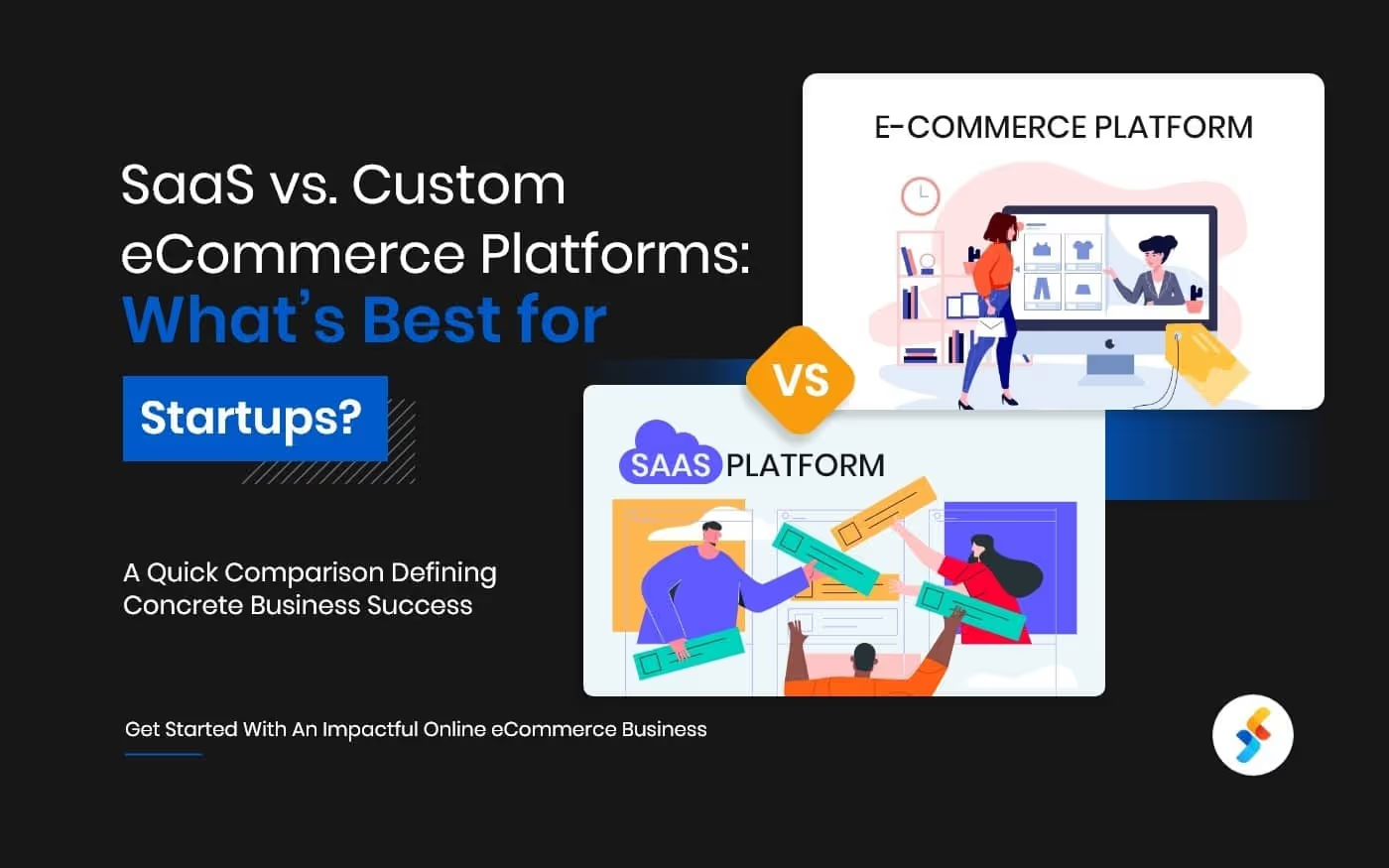


.jpg)





